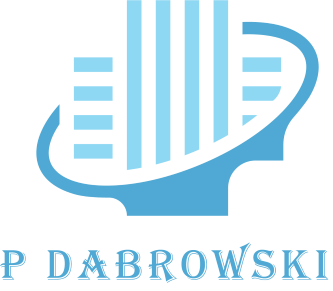The Introspective Journey of Journaling: A Pathway to Self-Discovery and Mindfulness
In a world where technology commands a substantial part of our daily routine, the humble practice of journaling stands as a testament to the timeless beauty of the written word. With roots seeping deep into the annals of history, journaling has been a companion to many— a silent witness to the unfolding tapestry of human experiences and a canvas for our deepest thoughts and contemplations.
Nurturing Self-awareness and Emotional Well-being
At the very heart of journaling lies the nurturing of self-awareness and emotional well-being. This simple yet profound practice paves the way for individuals to navigate the labyrinthine corridors of their minds, offering a safe space to explore emotions, fears, dreams, and aspirations. As you pen down your thoughts, the cluttered corners of your mind gradually start to untangle, giving way to a clearer and more coherent understanding of your emotional landscape.
Studies have shown that regular journaling can be a potent tool in reducing anxiety and stress. It assists in prioritizing problems, fears, and concerns, encouraging individuals to confront these issues rather than letting them fester in the subconscious mind. Journaling can also be a pathway to healing, allowing one to document and track their journey through difficult times, providing a unique perspective on personal growth and resilience.
Fostering Creativity and Intellectual Growth
Equally important is the role that journaling plays in fostering creativity and intellectual growth. The act of writing, devoid of any external judgment or scrutiny, emboldens individuals to explore their inner worlds without restraint. Journaling can serve as an incubator for ideas, where nascent thoughts are nurtured into well-articulated narratives or creative projects. The blank pages of a journal invite the writer to delve into the depths of their imagination, crafting tales, poems, or simply sketching the intricacies of their day-to-day experiences.
Moreover, the practice enhances cognitive functions, aiding in the consolidation of memory and improving comprehension skills. Journaling helps in synthesizing information, as it encourages the writer to engage in critical thinking, analyze situations, and reflect on the implications of their actions or decisions.
Cultivating Mindfulness and Gratitude
In a fast-paced world, journaling stands as a beacon encouraging mindfulness and gratitude. This reflective process nudges individuals to slow down, to absorb the moments that often slip through the cracks in the daily hustle and bustle. Journaling fosters a deeper connection with the present, urging individuals to immerse themselves fully in the current moment, thus cultivating a rich and nuanced appreciation for life’s simple pleasures.
In addition, journaling provides an avenue for fostering gratitude. By consciously noting the positive aspects of life, individuals can develop a more optimistic outlook, which in turn, enhances mental well-being and promotes a happier, more fulfilled life.
Conclusion
In essence, journaling is more than just a practice; it’s a journey of self-discovery, a bridge connecting individuals with their innermost selves. Whether it serves as a canvas for your thoughts, a sanctuary for your emotions, or a laboratory for your ideas, journaling promises a deeper engagement with the nuances of your psyche and the world around you.
As you embrace this age-old practice, may your journal become a cherished companion, a mirror reflecting your growth, aspirations, and the beautiful complexity that is quintessentially you. In a world burgeoning with noise, let your journal be a haven of silence, a place where your voice echoes loudest, reverberating through the corridors of time, bearing witness to the evolving tapestry of your life.
